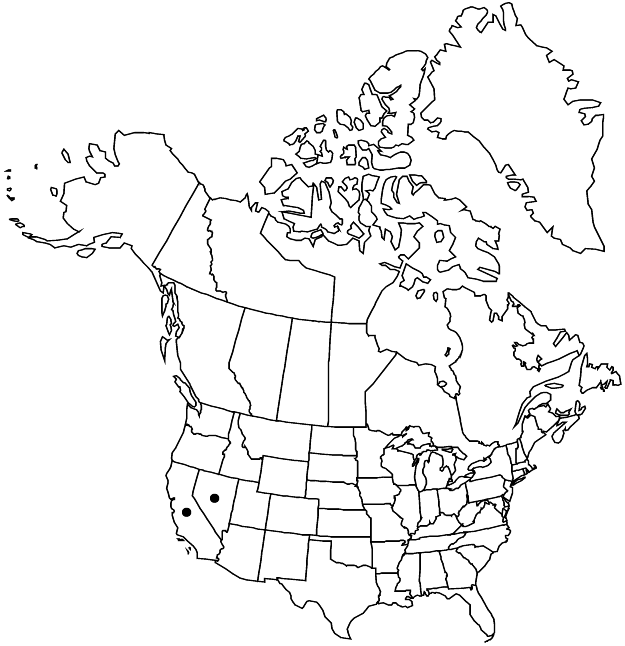familyCaryophyllaceae
subfamilyCaryophyllaceae subfam. Alsinoideae
genusEremogone
speciesEremogone congesta
Difference between revisions of "Eremogone congesta var. simulans"
Sida 21: 239. 2004.
Basionym: Arenaria congesta var. simulans Maguire
Synonyms: Arenaria congesta var. wheelerensis Maguire Eremogone congesta var. wheelerensis (Maguire) R. L. Hartman & Rabeler
FNA>Volume Importer |
FNA>Volume Importer |
||
| Line 14: | Line 14: | ||
|name=Arenaria congesta var. wheelerensis | |name=Arenaria congesta var. wheelerensis | ||
|authority=Maguire | |authority=Maguire | ||
| − | }}{{Treatment/ID/Synonym | + | }} {{Treatment/ID/Synonym |
|name=Eremogone congesta var. wheelerensis | |name=Eremogone congesta var. wheelerensis | ||
|authority=(Maguire) R. L. Hartman & Rabeler | |authority=(Maguire) R. L. Hartman & Rabeler | ||
| Line 32: | Line 32: | ||
|elevation=1300-3700 m | |elevation=1300-3700 m | ||
|distribution=Calif.;Nev. | |distribution=Calif.;Nev. | ||
| − | |discussion=<p>We consider var. wheelerensis, known from only a few sites in Elko, Lincoln, and White Pine counties, Nevada, to be an alpine extreme of the more widely distributed var. simulans. This is similar to the interpretation of M. F. Baad (1969), who considered that var. wheelerensis may be intermediate between var. simulans and var. subcongesta.</p> | + | |discussion=<p>We consider var. wheelerensis, known from only a few sites in Elko, Lincoln, and White Pine counties, <i>Nevada</i>, to be an alpine extreme of the more widely distributed <i></i>var.<i> simulans</i>. This is similar to the interpretation of M. F. Baad (1969), who considered that var. wheelerensis may be intermediate between <i></i>var.<i> simulans</i> and <i></i>var.<i> subcongesta</i>.</p> |
|tables= | |tables= | ||
|references= | |references= | ||
| Line 56: | Line 56: | ||
|publication year=2004 | |publication year=2004 | ||
|special status= | |special status= | ||
| − | |source xml=https://jpend@bitbucket.org/aafc-mbb/fna-data-curation.git/src/ | + | |source xml=https://jpend@bitbucket.org/aafc-mbb/fna-data-curation.git/src/8f726806613d60c220dc4493de13607dd3150896/coarse_grained_fna_xml/V5/V5_127.xml |
|subfamily=Caryophyllaceae subfam. Alsinoideae | |subfamily=Caryophyllaceae subfam. Alsinoideae | ||
|genus=Eremogone | |genus=Eremogone | ||
Revision as of 18:37, 18 September 2019
Stems 10–20 cm, glabrous. Leaves: basal blades erect to spreading or widely so, needlelike, 2–3.5 cm × 0.3–0.6 mm, herbaceous. Inflorescences capitate, congested cymes; bracts scattered within inflorescence. Pedicels 1–5 mm, glabrous. Sepals conspicuously 3-veined, 5–6.5 mm, apex acute to acuminate.
Phenology: Flowering spring–early summer.
Habitat: Open, rocky slopes
Elevation: 1300-3700 m
Discussion
We consider var. wheelerensis, known from only a few sites in Elko, Lincoln, and White Pine counties, Nevada, to be an alpine extreme of the more widely distributed var. simulans. This is similar to the interpretation of M. F. Baad (1969), who considered that var. wheelerensis may be intermediate between var. simulans and var. subcongesta.
Selected References
None.
Lower Taxa
None.
